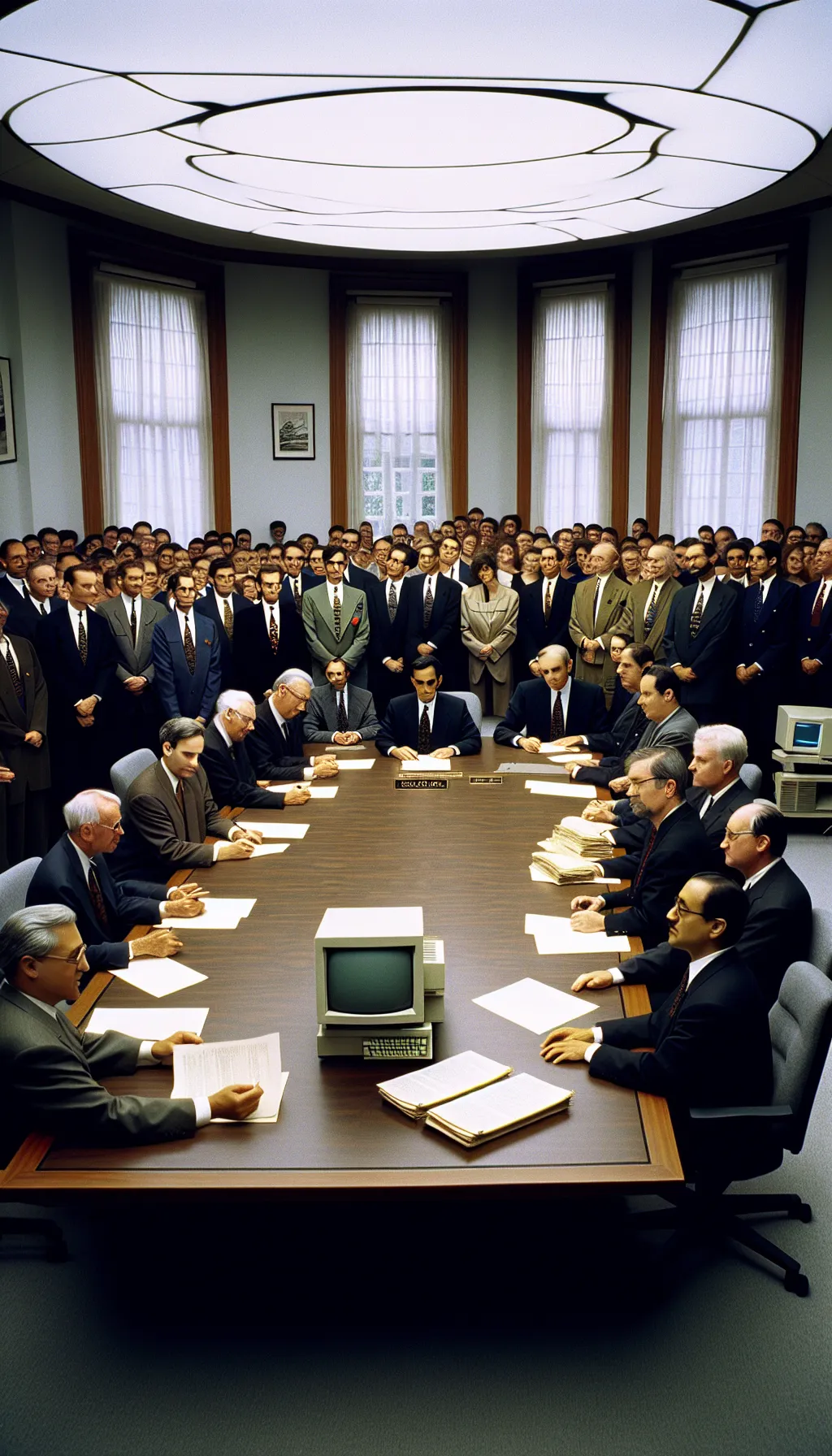Switzerland – The Day the World Changed: April 30, 1993
TLDR;
- Event: On April 30, 1993, CERN declared the World Wide Web technology would remain free and open, marking a pivotal moment in digital history.
- Significance: This decision ensured the web’s expansion without legal or financial barriers, promoting open access and global connectivity.
- Impact: The web grew exponentially, revolutionizing industries, economies, and societies by enabling innovation and worldwide communication.
- Legacy: The 1993 decision continues to influence the digital landscape, embodying the principles of openness and collaboration that define the internet today.
–
Story
In the sterile halls of CERN, a quiet revolution was brewing. On April 30, 1993, a decision was formalized that would forever alter the course of human communication and knowledge sharing. CERN officially declared the World Wide Web technology would remain free and open for all to use, a confirmation of openness that had been advocated since the Web’s inception.

The early 1990s were a time of rapid technological advancement, yet the internet remained a complex and fragmented space, accessible only to those with technical expertise. The World Wide Web promised to change that, offering a user-friendly interface that could connect people across the globe with the click of a button.
The foundational software of the web had been publicly accessible since 1991, but the 1993 decision ensured no future legal or financial barriers would restrict its expansion. This move by CERN was not just a technical milestone; it was a philosophical one, embodying the spirit of open access and collaboration.
In the years that followed, the web grew exponentially, transforming industries, economies, and societies. It became a platform for innovation, creativity, and connection, reshaping how we live, work, and interact.
Today, as we navigate the complexities of a digital world, it’s worth reflecting on that pivotal moment in 1993. The decision to ensure the World Wide Web remained free and open was a bold step into the unknown, one that continues to shape our world in profound ways.
–
| Would a different decision by CERN have changed the course of the internet? |